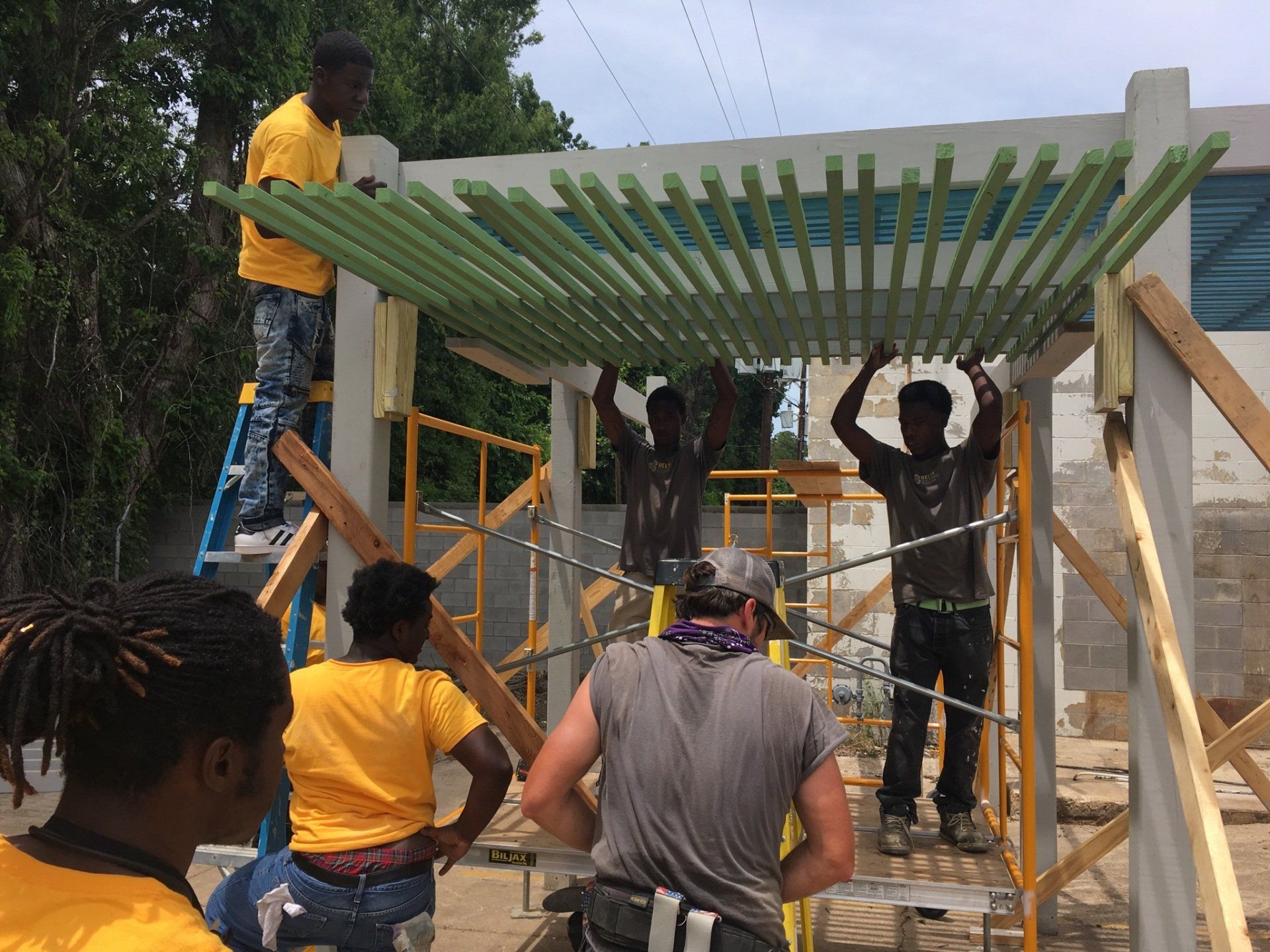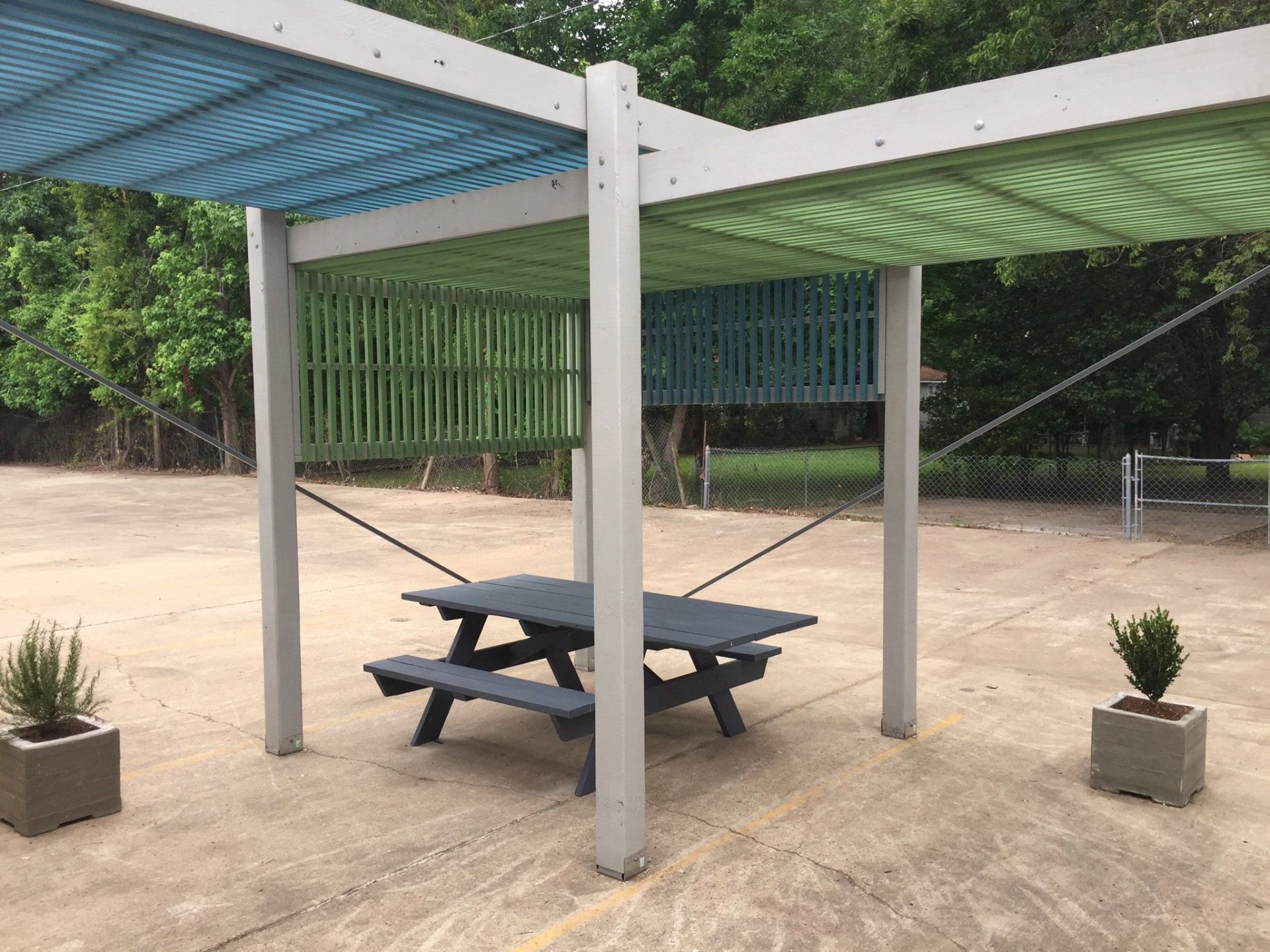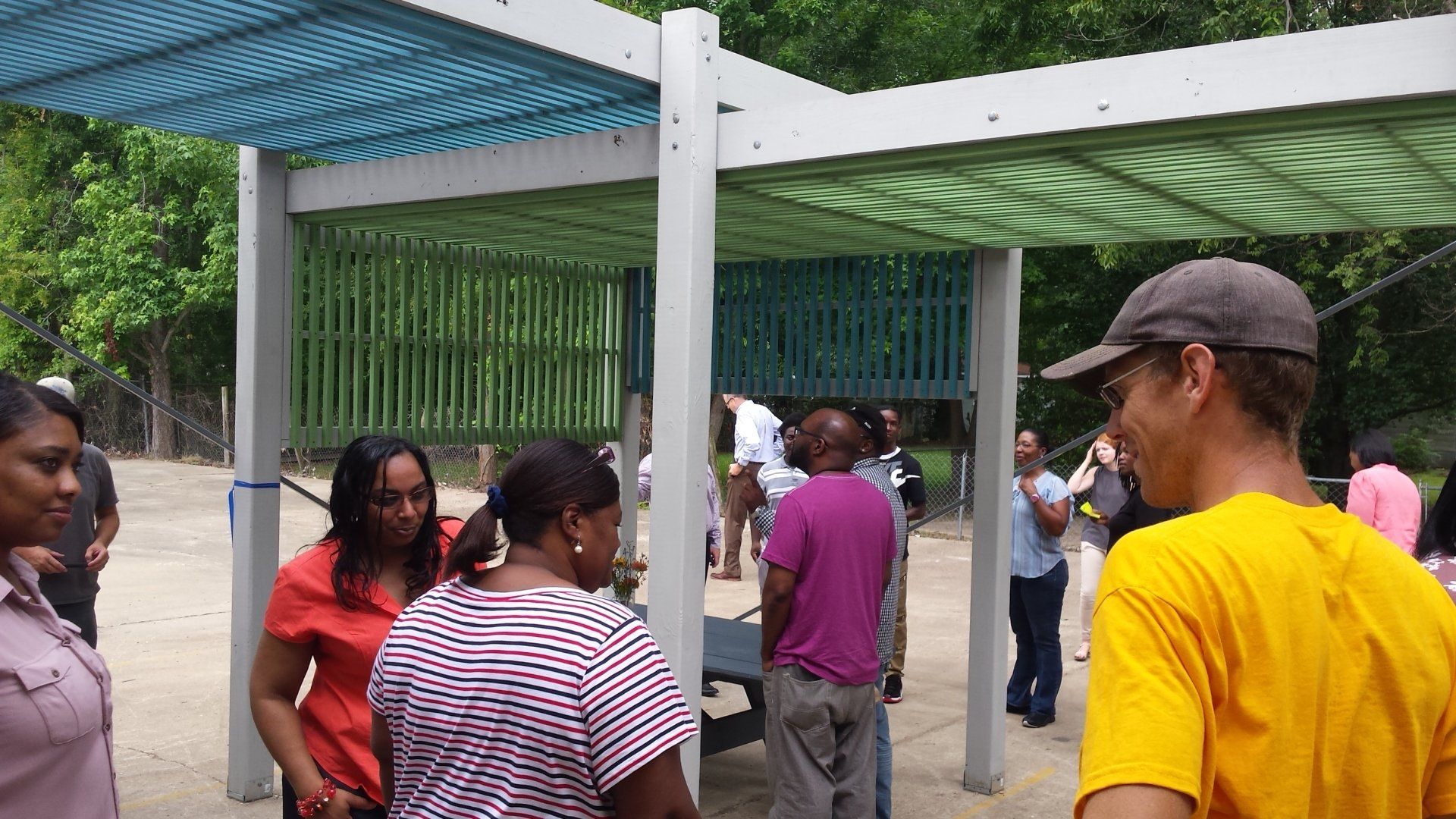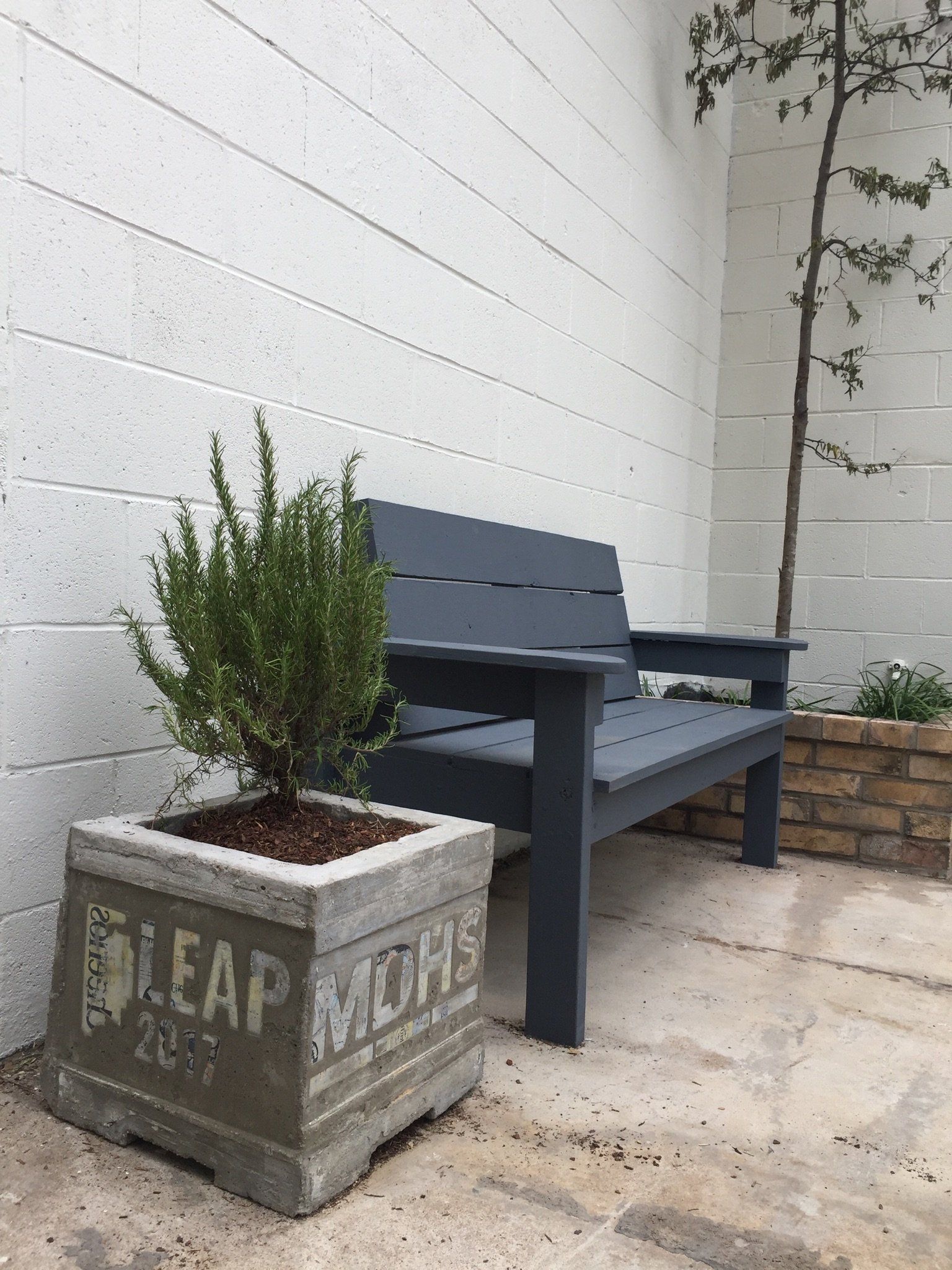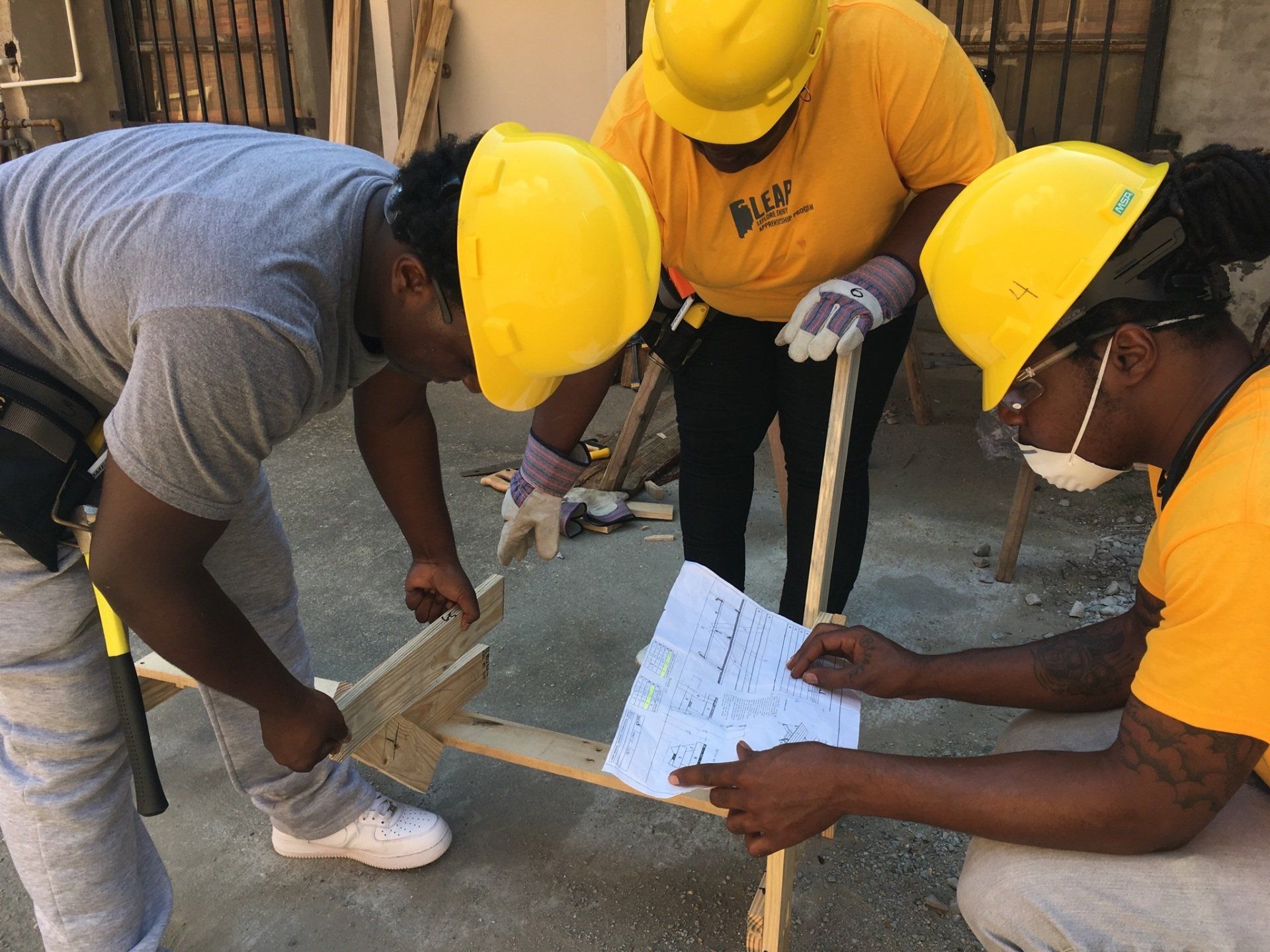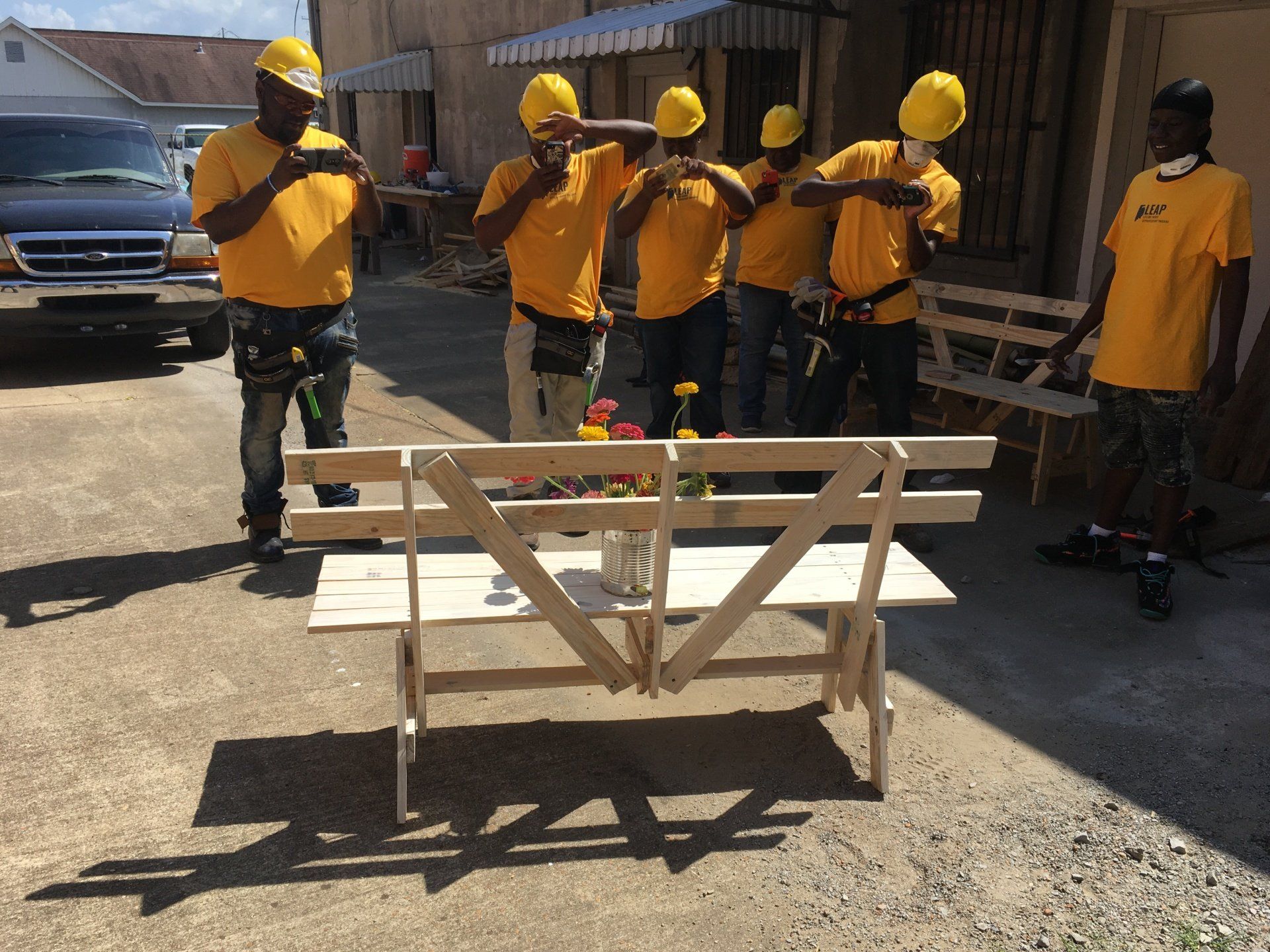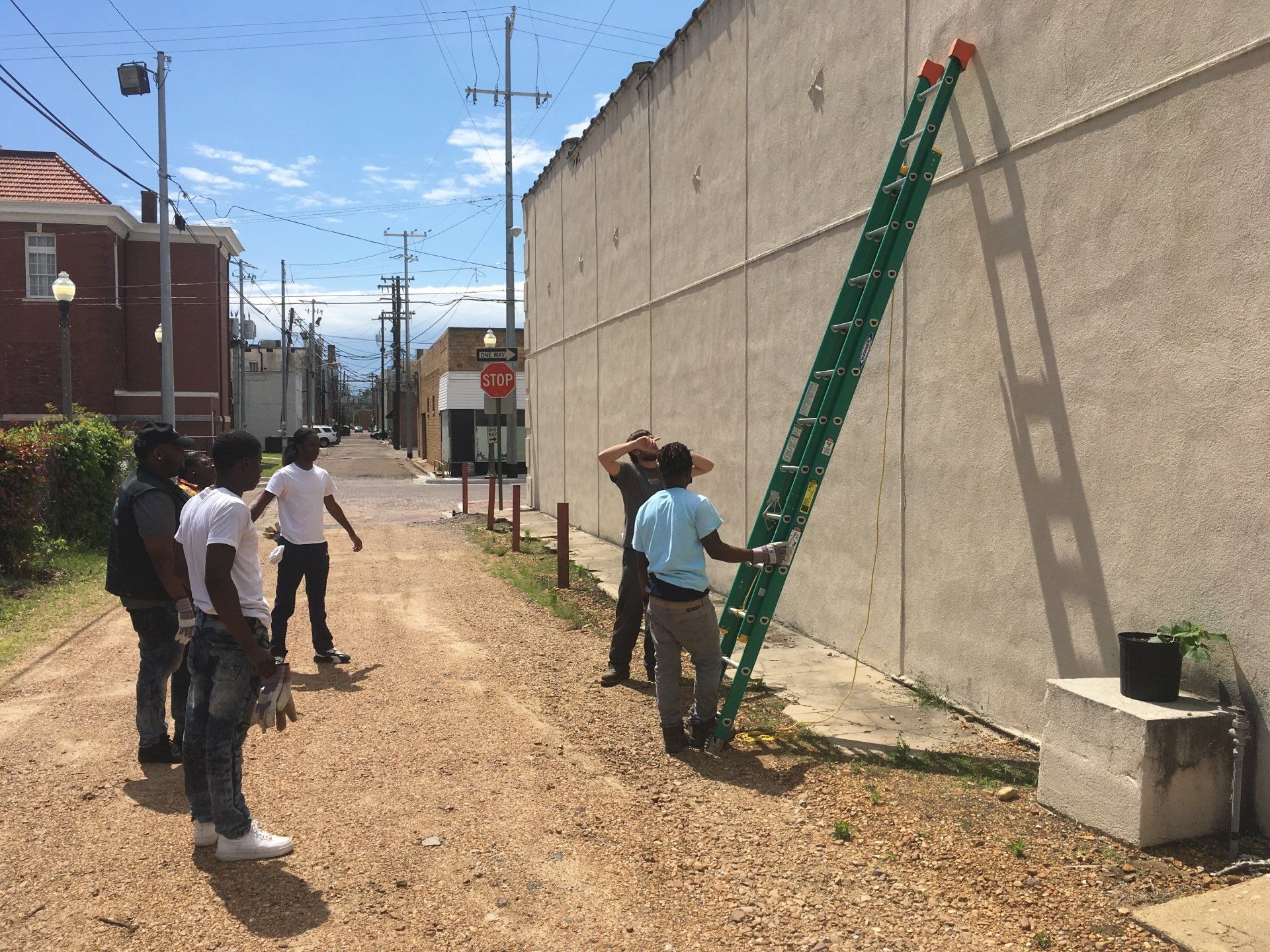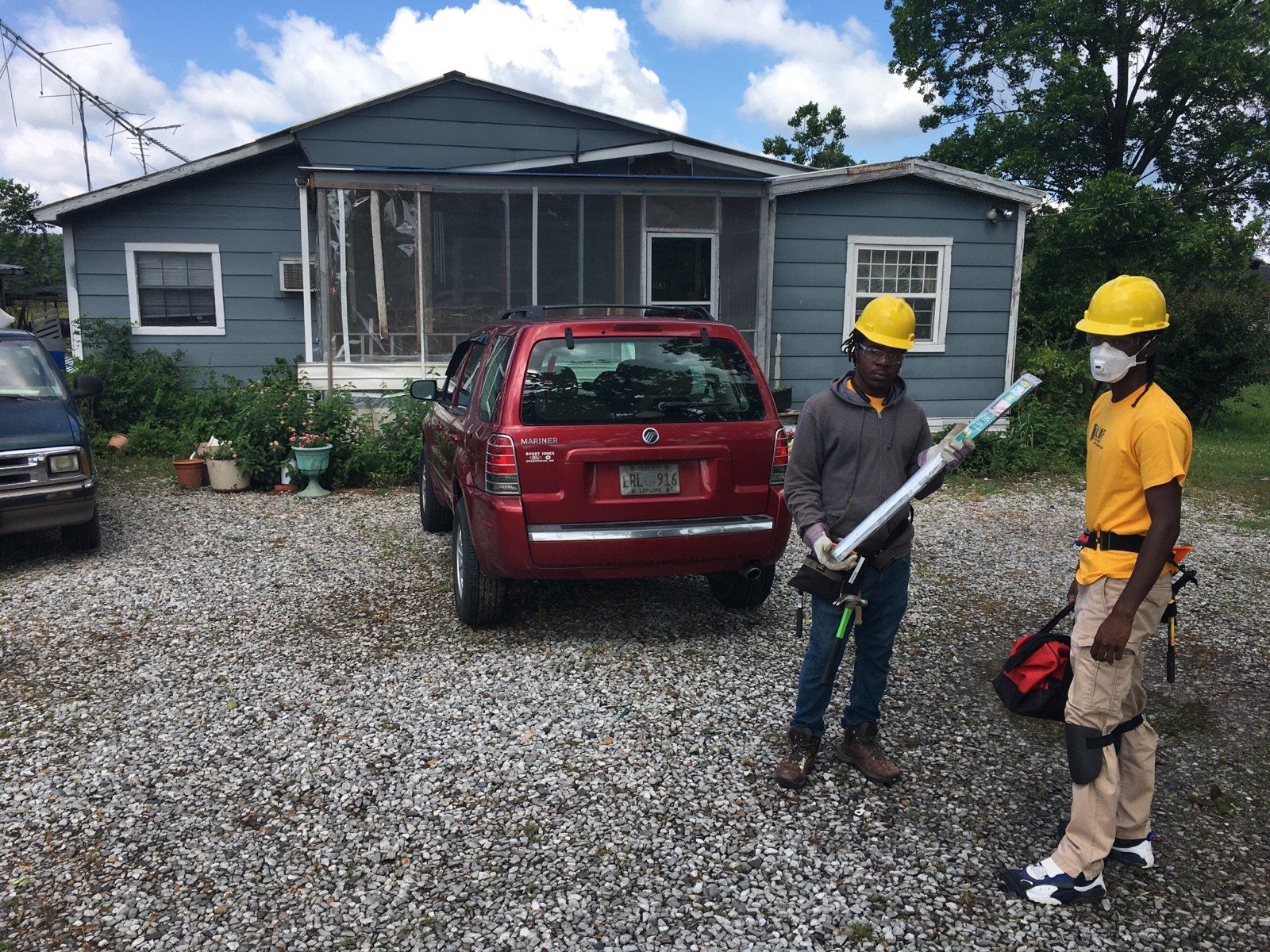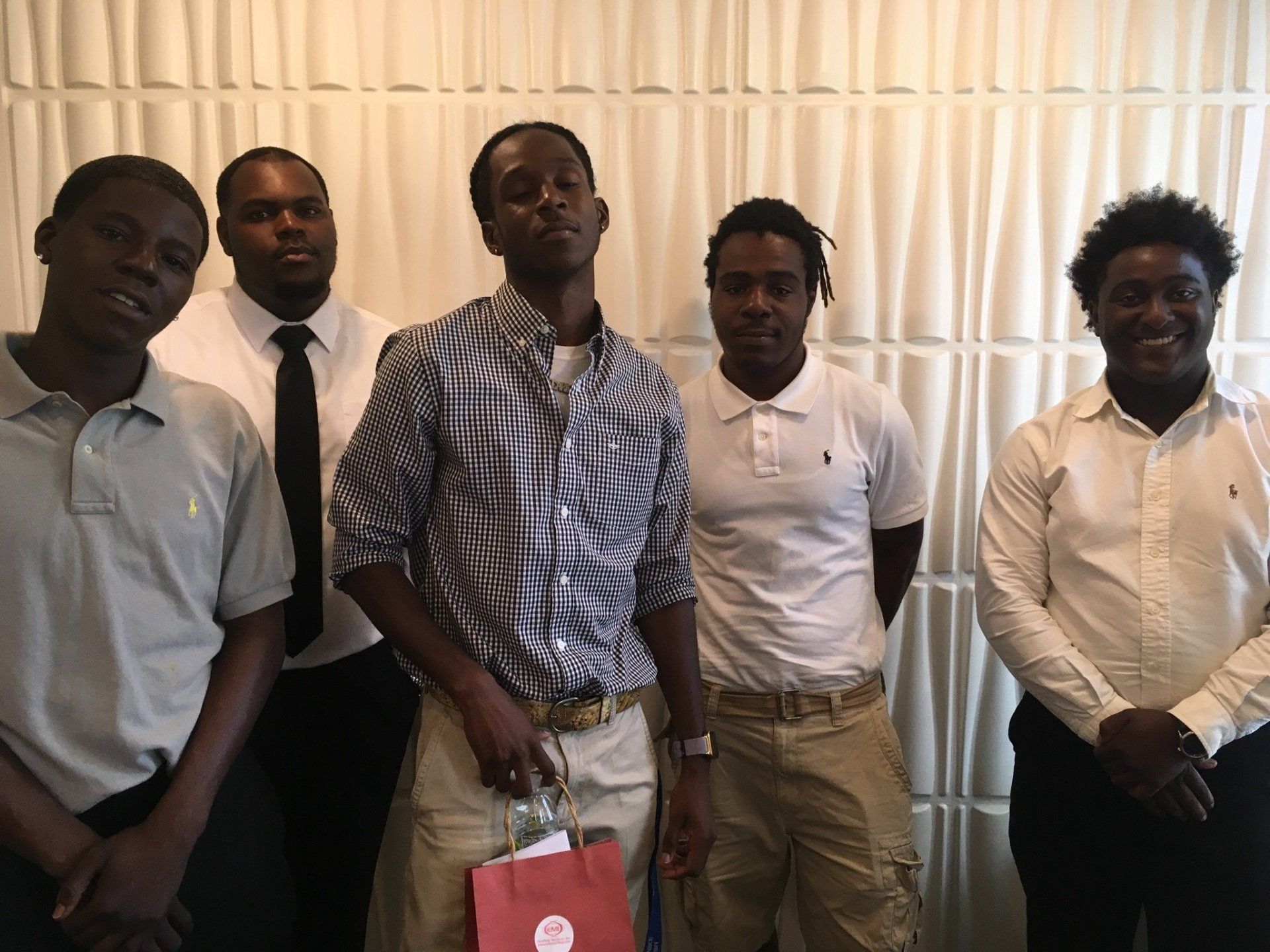The Leflore Energy Apprentice Program (LEAP), was a cross sector initiative in response to two of Leflore County’s most urgent challenges: heavy residential energy cost burdens for low-income homeowners and a skills gap between employers and potential employees. Funded by a Section 4 grant from Enterprise Community Partners to the Greenwood-Leflore-Carroll Economic Development Foundation, LEAP leveraged funding and in-kind support from local partners to hire consultants and build partnerships to reduce residential energy cost burdens for low-income homeowners in Greenwood, MS, and increase job readiness for members of the area's most at-risk populations.
LEAP resulted in three direct and measurable outcomes:
- Sixteen local low-income homeowners benefited from energy upgrades and performance analysis of their homes. This analysis included assessment of energy costs both before the program and three months after the improvements were completed. These energy efficiency values can be directly correlated with dollars saved and increased affordability of home energy costs.
- Eight apprentices participated in an eight week NCCER training program including on-site experience to realize the home improvements described above. Participants also received job-placement assistance, and 7 of 8 LEAP participants had secured full-time employment within 3 weeks of completing LEAP.
- One semi-public infrastructure project was designed and built by LEAP participants. The new employee break area behind the local MDHS (Mississippi Department of Human Services) office provides a respite for staff, and also allowed LEAP participants to gain experience in carpentry, pouring concrete, painting and assembly the structure on-site.
LEAP was developed based on lessons learned through the Baptist Town Neighborhood Reinvestment effort, particularly the Audit Squad Energy Research Study (also supported by an Enterprise Section 4 grant awarded to GLCEDF). This research effort was led by Mississippi State Assistant Professor Emily McGlohn in 2014 and revealed striking discrepancies in the energy efficiency of new and older housing stock in low-income neighborhoods in Greenwood. The Audit Squad Energy Research Study discovered that within a test group of low-income households living in typical aging housing stock in south Greenwood, an average of $176/month is spent on energy bills due to air infiltration alone during a typical winter month. This results in many low-income households struggling to pay energy bills in excess of $400/month during particularly warm or cold weather. Though the team had hypothesized inequitable energy efficiencies, the intensity of this cost burden is striking.
LEAP, along with Delta DB in general, was designed to respond to racial inequities. The energy cost burdens described here, as well as the barriers to workforce entry addressed through the apprentice component of LEAP, are burdens born almost entirely by the African American community. We have continued this work through additional job training opportunities, such as Upcycle, and ongoing energy auditing, including at the new homes in Eastmoor.


